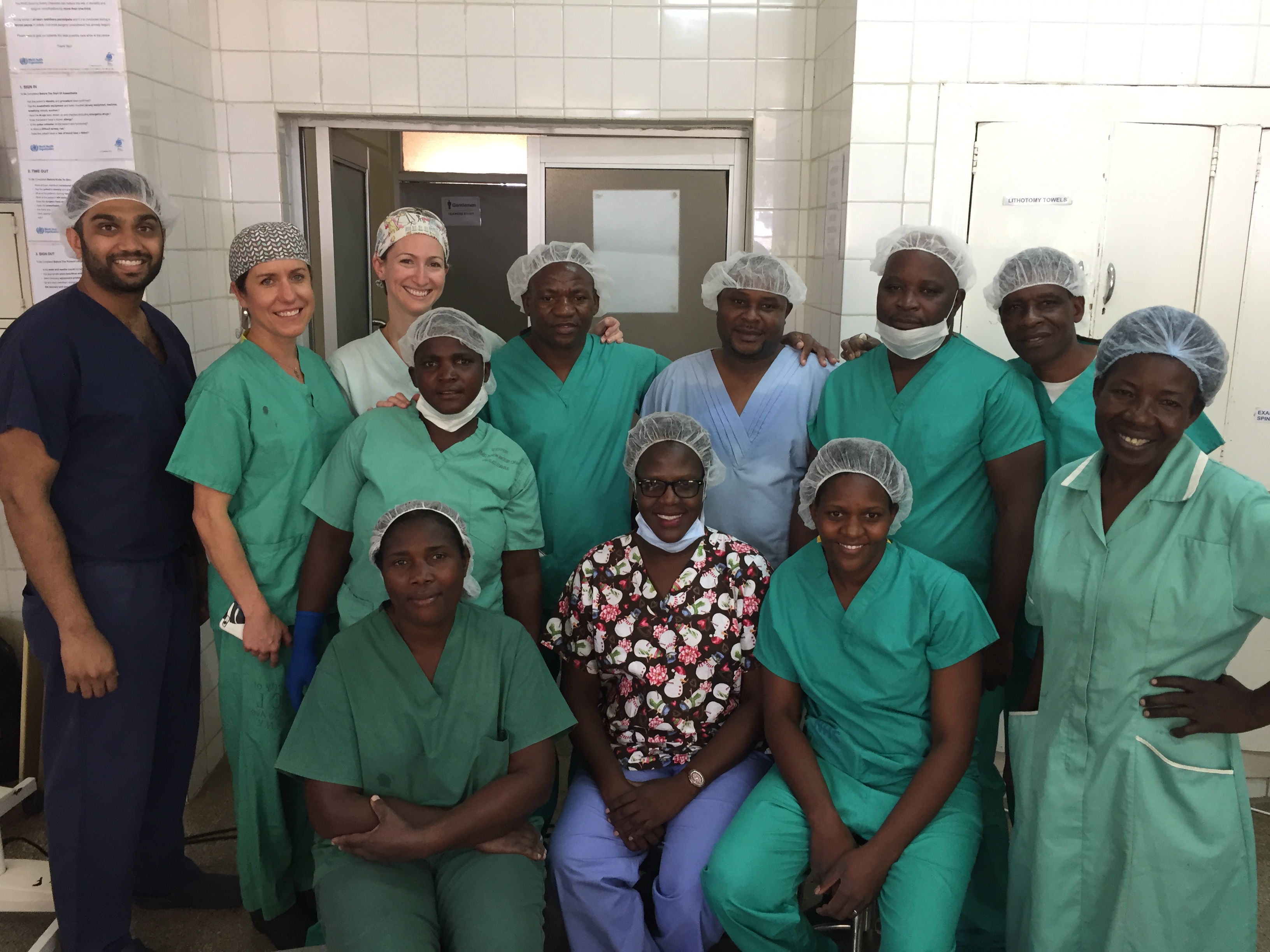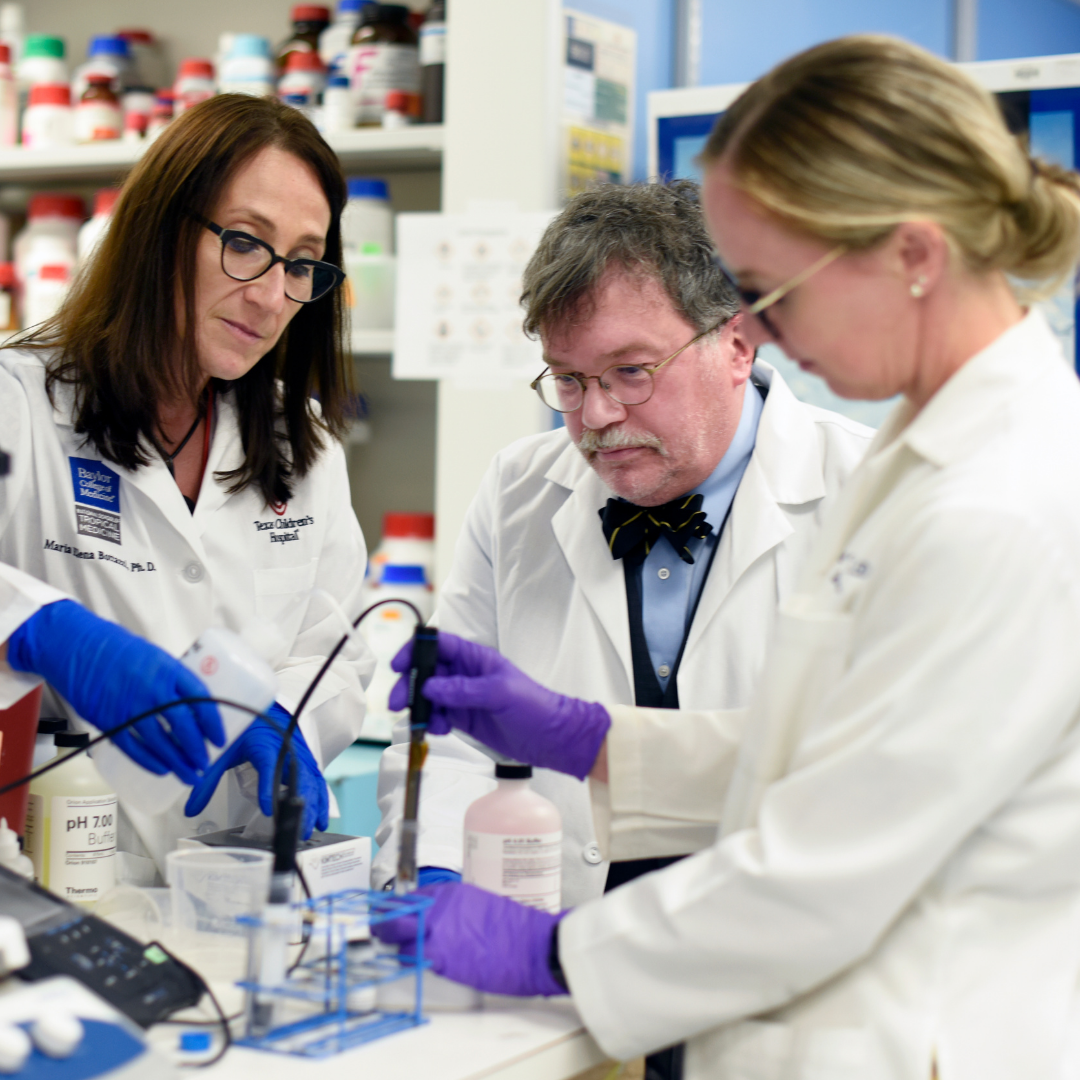
Expanding Access
Expanding access is a crucial priority. Baylor combines science and technology to find nimble, cost-effective pathways to make to our knowledge, expertise and quality of care available to populations throughout the world. Our physicians and scientists are at the heart of the world’s largest medical center, and we are enhancing our reach every day, both locally and globally.

Baylor Global Health was founded in 2014 to make meaningful and lasting contributions to healthcare worldwide through innovation and research, training and patient care. Central to this effort is the establishment of healthcare facilities in select locations around the globe, including Liberia, The Gambia and Malawi that address challenging endemic conditions in cost-effective and sustainable ways. Global Health also develops and evaluates responses to health issues in places where resources are limited in the hope of bridging the disparities in health outcomes between developed and lesser-developed countries. Under the leadership of Sharmila Anandasabapathy, M.D., Global Health places special emphasis on improving women’s reproductive health and their wellbeing as mothers. One of Global Health’s most important innovations is the SmartPod, a mobile unit that can act as a clinic and be transported easily to remote locations.

Peter Hotez, M.D., an important vaccine advocate and pediatrician, heads Baylor’s National School of Tropical Medicine (NSTM), which works to treat neglected tropical diseases. These illnesses, which affect more than 1 billion people in the world, are defined as a group of tropical infections common in low-income populations in countries near the equator in Asia, Africa and Central and South America. The poorest children and adults across the globe and in the United States live in circumstances that place them at risk for many of these illnesses. The NSTM works on several fronts to address emerging health threats not only throughout the world but also at home in the United States.







